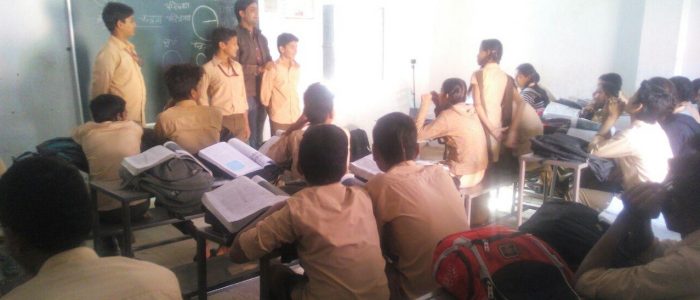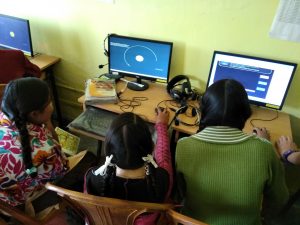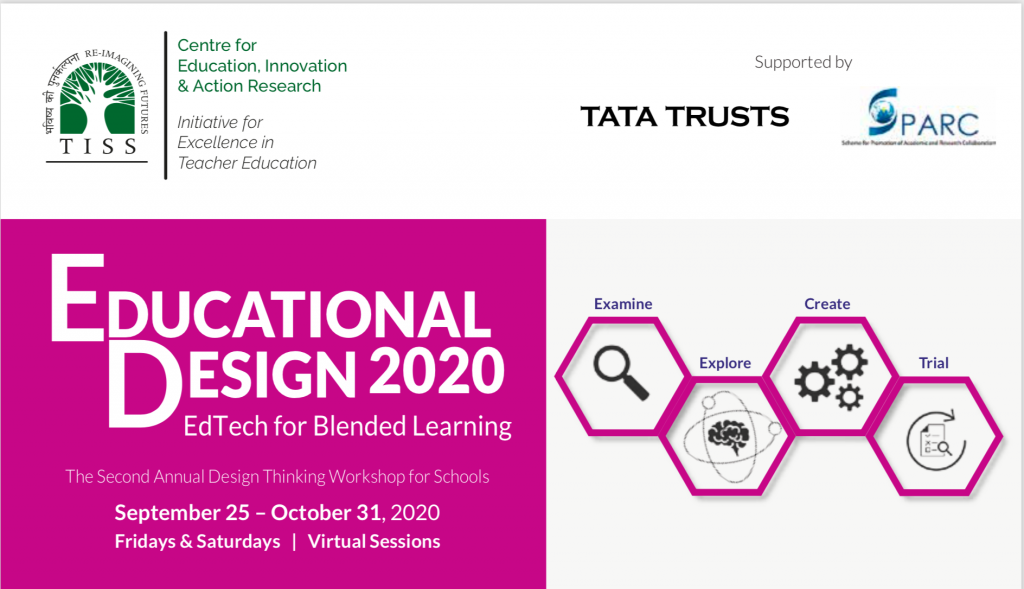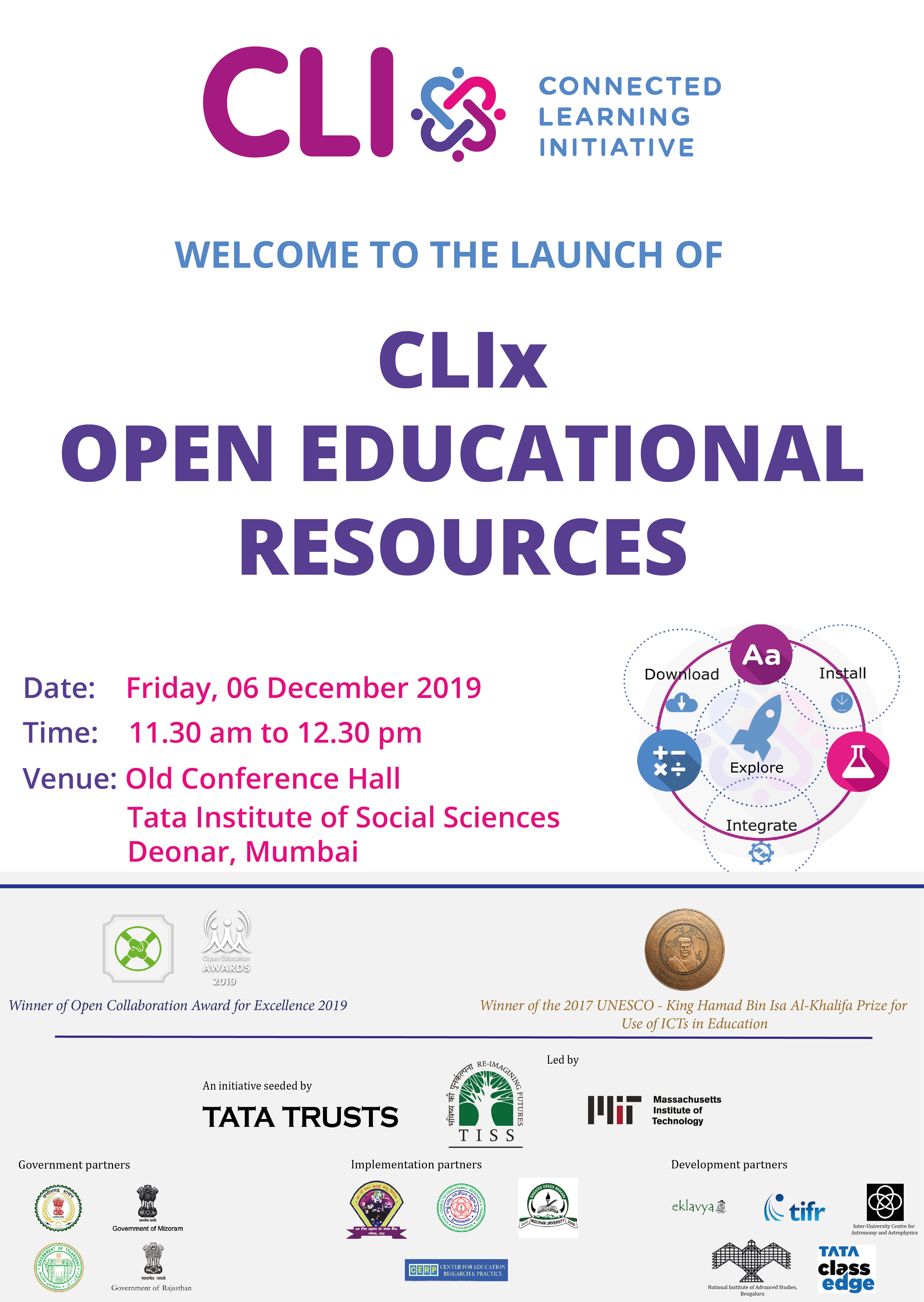Astronomy on the Ground (28.11.17 – 09.12.17)
On 27 November 2017, nine science teachers from different schools of Jaipur district of Rajasthan participated in a teacher professional development (TPD) workshop (link-https://goo.gl/3zDHGJ). In the workshop, they were introduced to the CLIx Astronomy module created for Class 9 students. The next day, the Astronomy module roll-out was started. This blog is a brief summary of the observations we made during visits to different schools.
The schools where the module was being rolled out were in villages some 40–50 km from Jaipur. All the schools had a functional computer lab, and students were aware of the basics of using computers. The average number of students in Class 9 was 50 to 60, 92 being the highest and 32 the lowest. Because of the large number of students, teachers were facing problems in conducting the digital activities in the CLIx modules.
Because of the shortness of time and large number of students, very few teachers completed the Astronomy module. They chose a few activities from the module and used them as a supplement to classroom teaching. Most of the teachers choose the role-playing activity, maybe because it was possible to conduct it in a large class. The digital activity required then to divide the class into batches of twenty students as only ten computers were available in each school.
In the school where the entire module was completed, the response of both students and the teacher was really good. The teacher felt that the role-play and digital activities complement each other. Role-play helped in visualising difficult astronomical concepts, and digital activities made the module interesting! The teacher said that she herself had not understood some of the concepts, but through role play she understood them. Students enjoyed playing digital games; these games also create a space for collaboration.
We observed that different teachers choose different parts of the CLIx module. The choice was governed by different factors such as the teacher’s background and content knowledge, availability of time and resources, the teacher’s teaching style and interest. Many teachers could not finish the Astronomy module as internal exams were due to start on 9 December. They said they would finish the module after the exams.
Rafikh Shaikh, Research Associate, Science Team, and Shamin Padalkar, Assistant Professor, Science and TPD Team, CLIx






